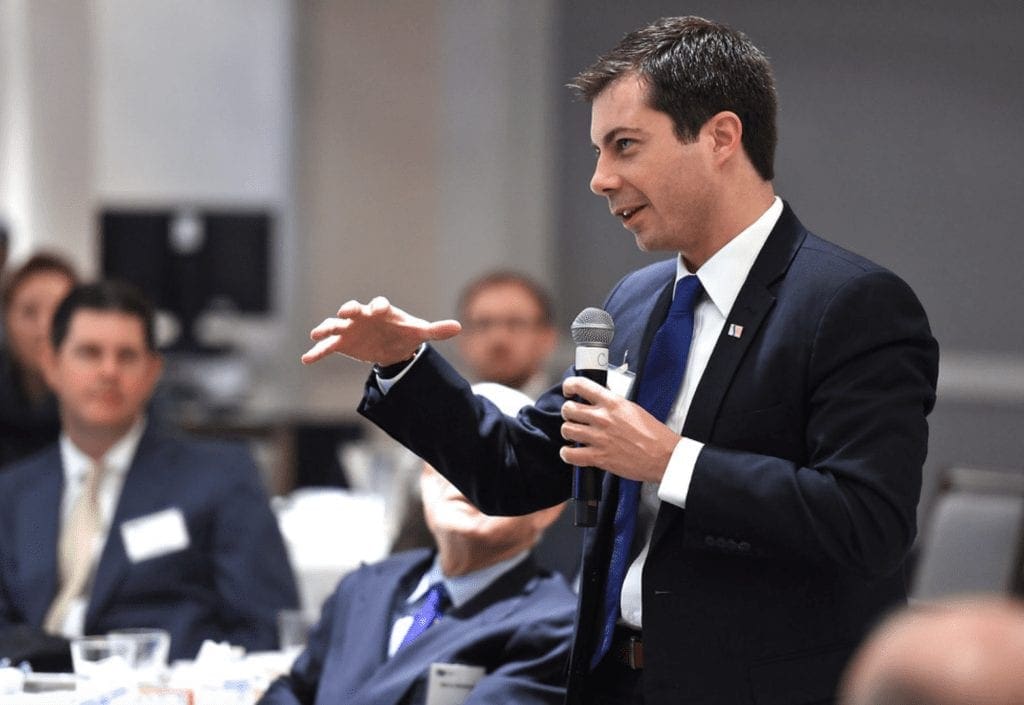The 1960s was an interesting time for libertarians to observe, as the Cold War, Vietnam, the struggling Goldwater movement, and the eventual rise of LBJ’s Great Society and the era of Richard Nixon provided economist Murray Rothbard with some of his most prolific writings.

Specifically, Rothbard’s essay series “Abolish Slavery!” – which are collected in the book “Never a Dull Moment: A Libertarian Look at the Sixties” – offer some of the most prolific arguments against what Rothbard considered state-enforced slavery. From his colorful arguments against the draft to his criticisms of mandatory school attendance forced upon America’s youth, Rothbard made it abundantly clear: where free people are deprived of self-autonomy and forced into any form of labor against their will, there is no free society.
The concept of a forced national service (with or without a military service factor depending on the candidate) has been making its rounds during the Democratic primaries. Recently, Mayor Pete Buttigieg of South Bend, Indiana came out in favor of a form of national service in order to fix, “the threat of social cohesion that helps characterize this presidency [the Trump administration] but also this era.”
Rothbard – throughout his seven “Abolish Slavery!” essays – made it clear that not only is any form of forced labor immoral, but forced labor of any form itself could never achieve the goals it intended. From the rise in complaints about juvenile delinquency in public schools to people lying or being forced into jail because of an offense to the “voluntary” income tax, Rothbard emphasized that we could not force better behavior onto society by gunpoint if we wished for it to get better.
What has always been the glue of civil society has been free markets, respect for civil institutions, communities of faith, and an emphasis on the family. Over the last hundred years especially, heavy-handed government policies that have always intended to help provide relief to society’s woes have had the opposite effect.
This national service plan presupposes that societal problems brought about by our culture are a direct responsibility of the federal government. If this is the case, then the government could simply create forced labor programs to eliminate anything that appears remotely unpleasant.
As a result, the state would grow even bigger, civil liberties would shrink more, and to defy such an order to comply would immediately turn law-abiding citizens into criminals.

























